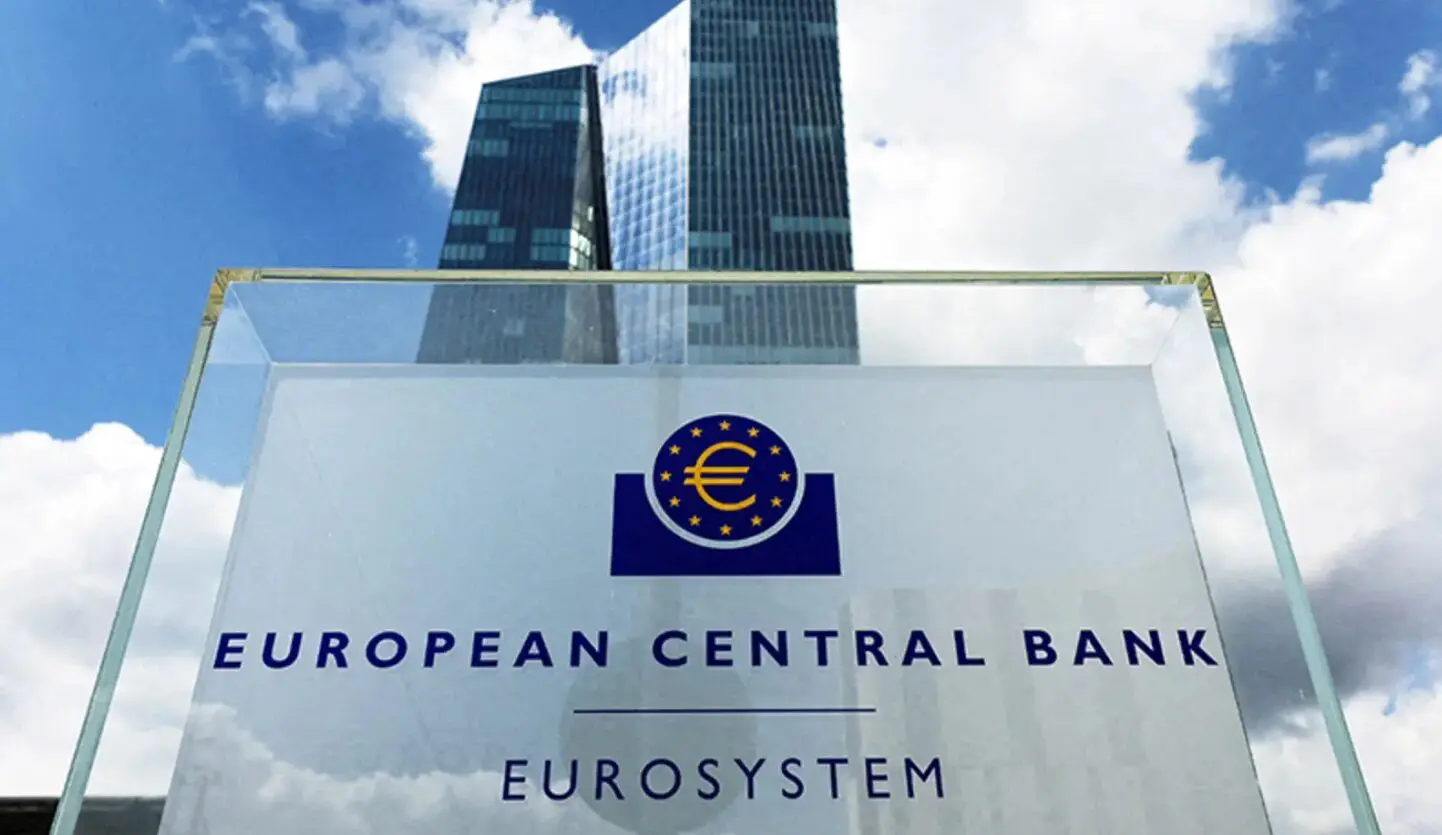Quite a number of midsize cryptocurrency exchanges in South Korea are about to close their doors, according to local media. The FSC seems to be eager to enforce its new law tough.
A total of eleven crypto exchanges in South Korea were made at the behest of the local financial supervisory authority Financial Services Commission (FSC) closed like local media report. Apparently, investigators noticed some illegal activity. According to the reports, the 11 exchanges alleged to have used fraudulent collective accounts will most likely have to shut down. The public prosecutor and the police are already investigating. The names of the exchanges have not yet been announced. However, it is ruled out that they will still receive approval for operation from the FSC.
For some industry observers, this measure certainly does not come as a surprise. The FSC prescribes the use of real name accounts for the business operations of the crypto exchanges. Most operators, however, did not comply with this requirement. The only exceptions to this were the big top dogs Upbit, Bithumb, Coinone and Korbit. Several medium-sized crypto exchanges in South Korea have already announced that they will be discontinuing their services. These include Darlbit, which reportedly will cease operations entirely. BitSonic, on the other hand, announced a “temporary cessation” of the service while it renews its systems. In this phase, a new security management system is to be created to ensure FSC-compliant trading.
New law for cryto exchanges in South Korea since March 25th
On March 25, a new law came into force in South Korea, which is a major thorn in the side of the smaller exchanges in particular. Among other things, this law contains a ban on South Korean BTC exchanges from sharing their order books with one another. The Binance subsidiary Binance Korea withdrew in December 2020, citing the reasons for a lack of trading volume and a lack of liquidity. Binance is currently having difficulties with regulatory authorities around the world. Most recently, it was also said from Italy that Binance was not authorized to offer investment services there. But this does not challenge Binance CEO Changpeng “CZ” Zhao. Due to a missing (or should one say: not admitted?) Headquarters, he always argues that the relevant regulatory authorities are not responsible for companies.
From March 25, 2021, the registered crypto exchanges in South Korea will also be subject to the anti-money laundering requirements, such as the obligation to verify customers’ identities and submit reports of suspicious transactions. Exchanges already in place in South Korea were received a period of six months (until September 24, 2021) to register with the Korea Financial Intelligence Unit (KoFIU), otherwise they will be penalized.


























